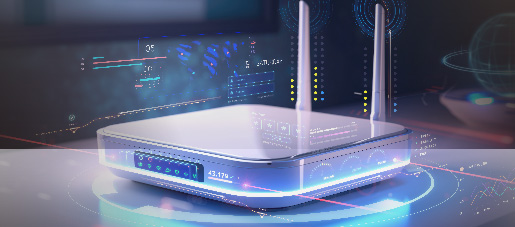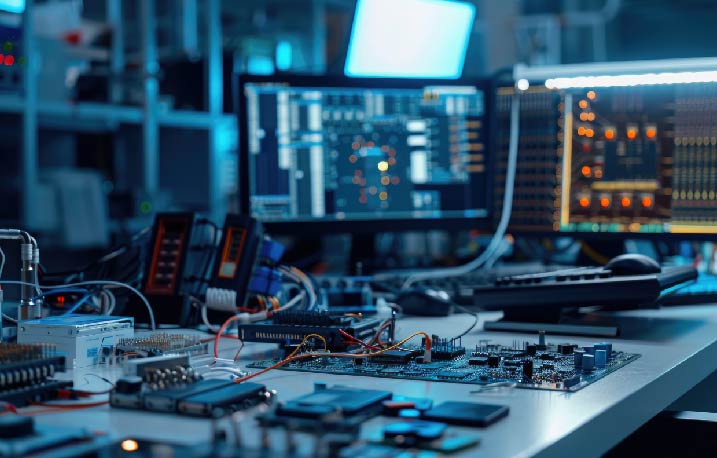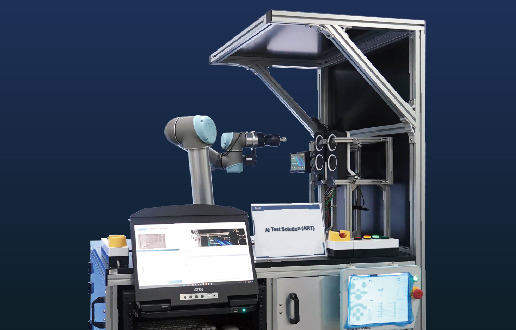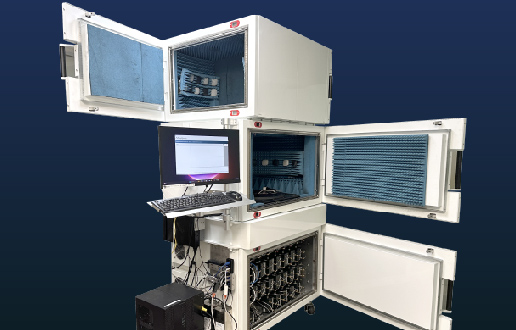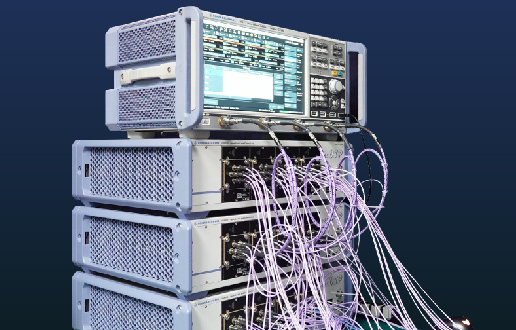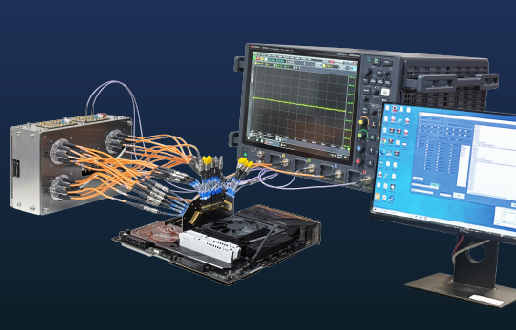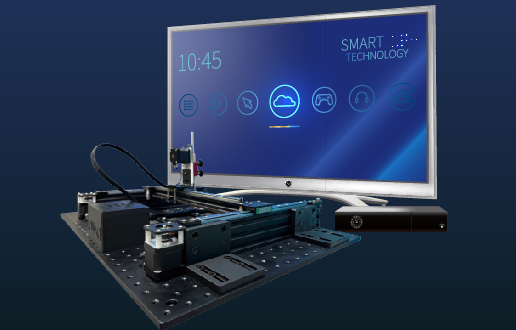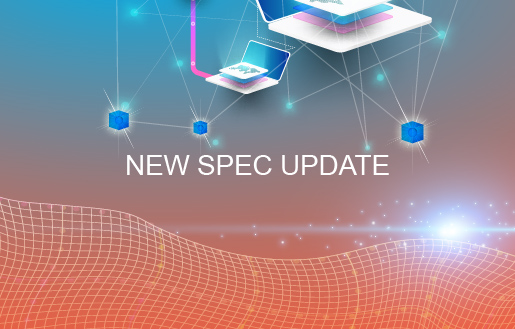What is Automotive Ethernet?
Automotive Ethernet refers to the use of Ethernet technology networks within vehicles. Its development is primarily driven by the automotive industry’s increasing demand for more data and connectivity to support advanced vehicle features such as autonomous driving, vehicle-to-vehicle communication, and entertainment systems.
The numerous advantages including high bandwidth, low latency, and scalability make Automotive Ethernet an ideal choice for supporting complex systems, enabling efficient information sharing among various automotive subsystems such as sensors, cameras, and control units.
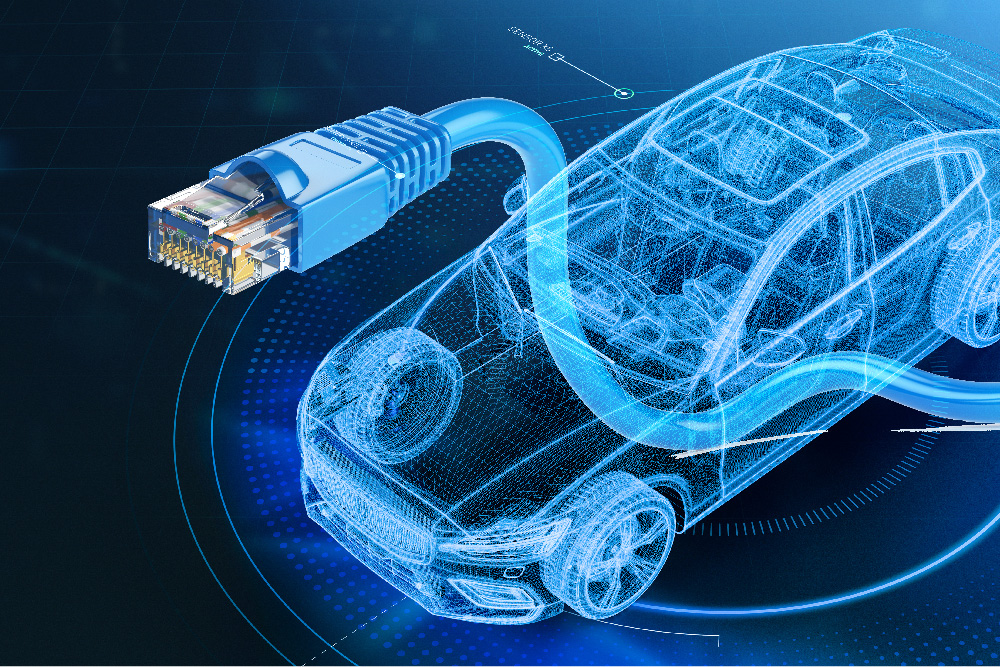
The Primary Technologies of Automotive Ethernet
Automotive Ethernet achieves efficient vehicle network communication primarily through the integration of the following technologies, ensuring both effective response to the growing demand for automotive data and efficient communication with system reliability:
Ethernet Communication Technology
Based on Ethernet standards, Automotive Ethernet utilizes High-Speed Ethernet technology to achieve high bandwidth and low-latency data transmission. This includes Ethernet connections with speeds reaching 1 Gbps or higher.
Time-Sensitive Networking (TSN)
TSN comprises a set of standards aimed at achieving real-time communication over Ethernet. It ensures data transmission predictability and low latency, crucial for automotive applications, particularly for autonomous driving and other safety-sensitive applications.
Audio Video Bridging (AVB)
AVB is an Ethernet standard used to support real-time transmission of audio and video data. In vehicles, this technology can be applied to audio and entertainment systems, ensuring high-quality audio and video transmission.
Power over Ethernet (PoE)
PoE technology allows simultaneous transmission of data and power over Ethernet cables. In vehicles, this can simplify device connectivity and power supply, reducing cable complexity.
Read More: Power over Ethernet The Required Communication Technology for IoT
Security Protocols
To address security challenges in the automotive environment, Automotive Ethernet employs various security protocols and mechanisms such as Secure Boot, encryption, and authentication to ensure the security of network communication.
The Five Major Challenges of Automotive Ethernet
However, Automotive Ethernet also faces several challenges during its development process, the main issues include:
Real-time and Reliability Requirements
Automotive systems have high demands for real-time performance and reliability, especially in terms of autonomous driving and safety-related applications. Therefore, Automotive Ethernet needs to ensure efficient data transmission and timely system response in such environments, which is undoubtedly a challenging task.
Standardization and Compatibility
There are multiple standards and protocols in the automotive industry, and different automakers and suppliers may use different technologies, making standardization and compatibility more complex to achieve. Lack of unified standards may lead to interoperability issues.
Security and Protection
Vehicle networks need to address growing security challenges, including defending against potential attacks and protecting vehicle system security. Strengthening the security of Automotive Ethernet will be an ongoing challenge.
Cost and Complexity
Implementing high bandwidth, real-time communication, and security typically require more complex hardware and software designs, which may increase the cost of automotive systems. Therefore, automakers often need to balance technical performance with development costs.
Hardware and Software Update Management
Generally, the lifecycle of a car is usually longer, and managing hardware and software updates for vehicles effectively amidst continuous evolution of software and hardware technologies to ensure compatibility and performance is indeed a long-term challenge for developers.
Physical Layer Validation Solutions for Automotive Ethernet
To meet the measurement and verification needs of customers in the automotive network physical layer, Allion can provide the following related test instruments and fixtures:
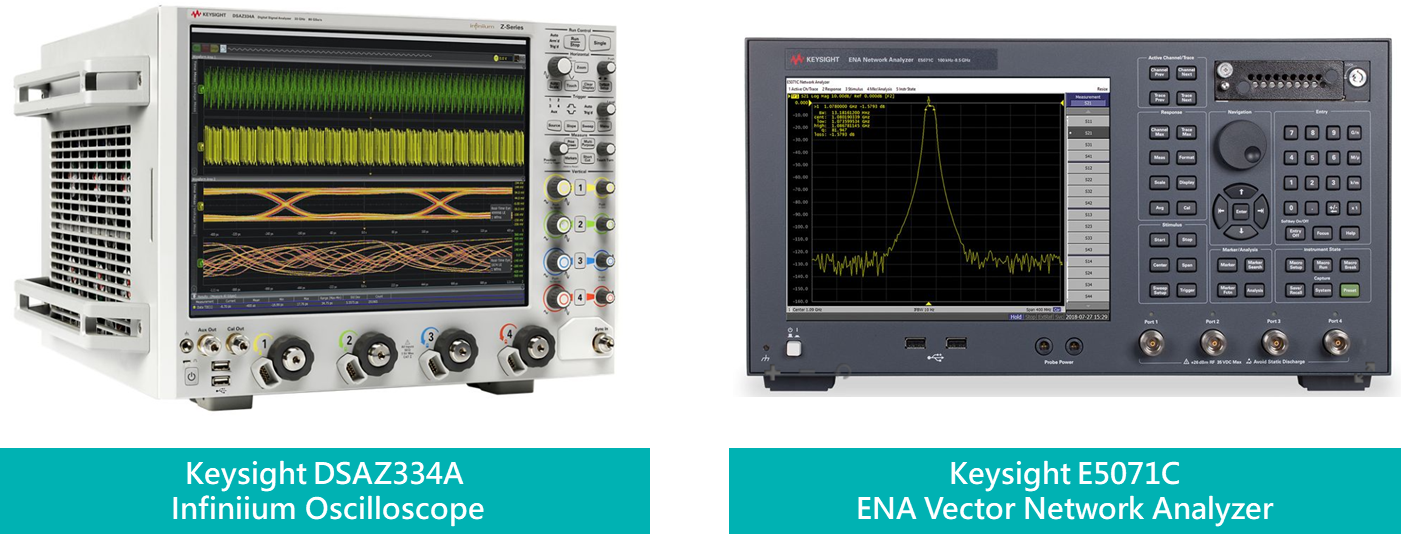
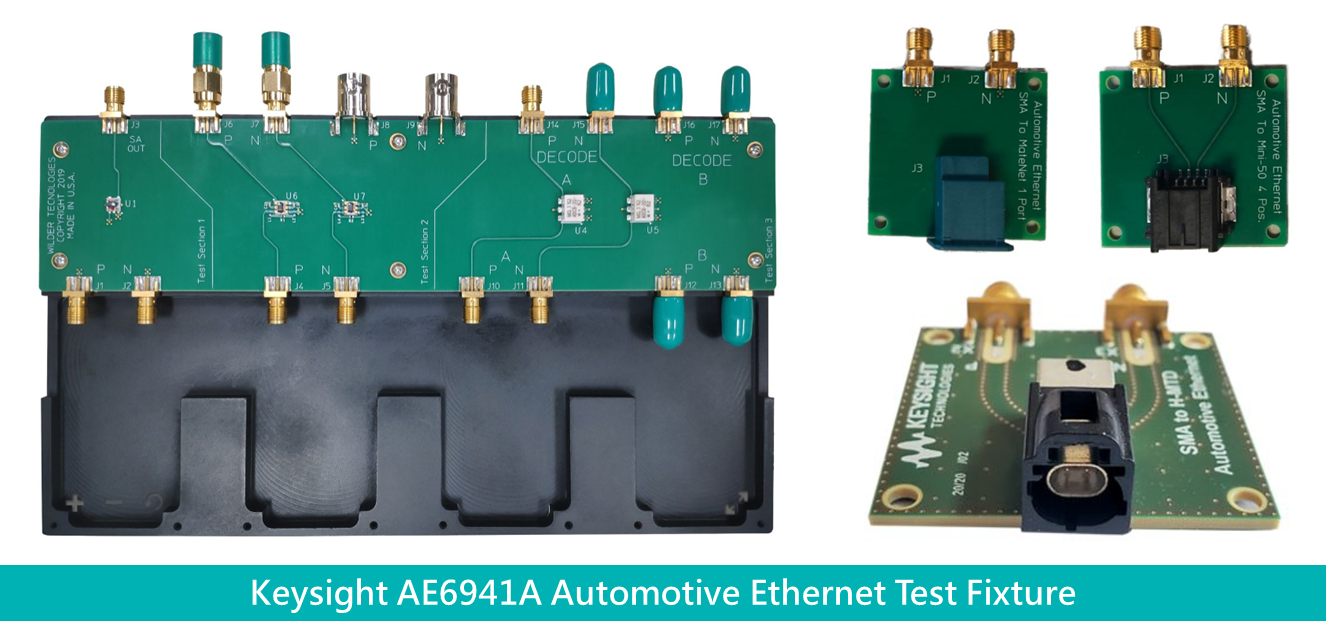
Through Automotive Ethernet physical layer validation, Allion can assist clients in early detection of common design flaws, such as “excessive signal jitter.” Once excessive jitter occurs, it can easily lead to signal distortion, thereby affecting the accuracy of signal transmission.
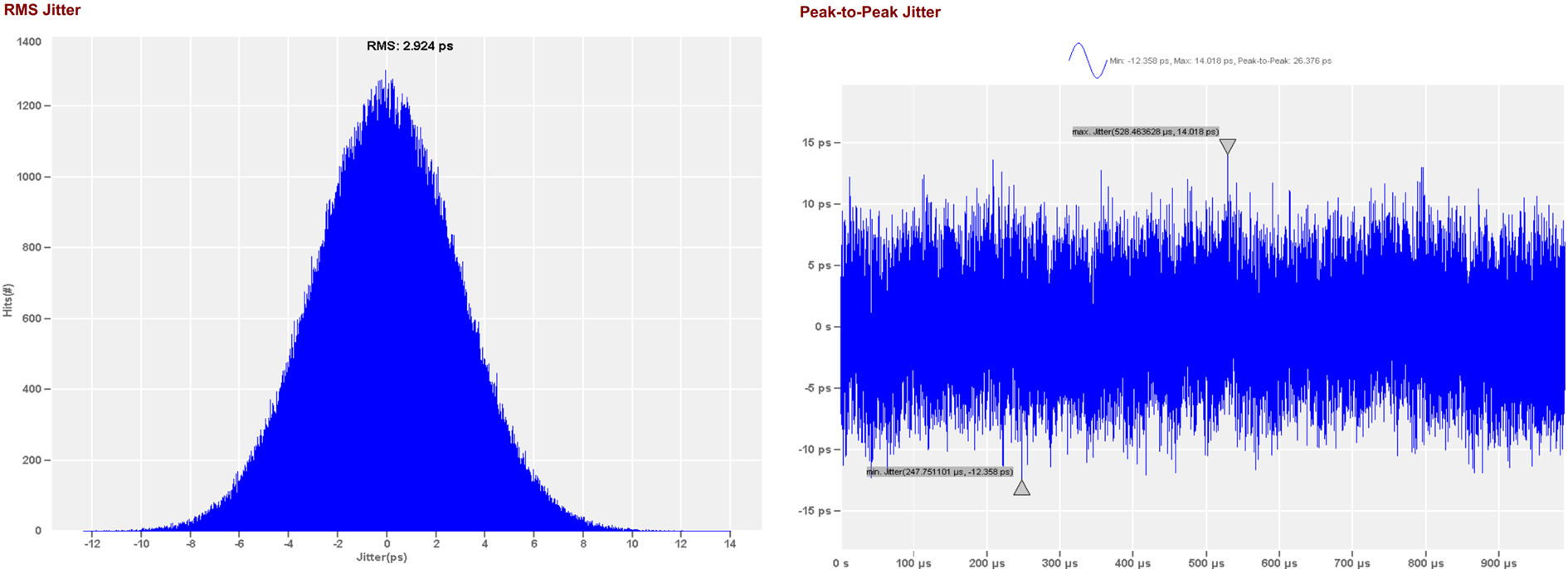

Faster, Easier, Better!Your Automotive Validation Expert
Allion has been deeply involved in the automotive industry ecosystem, specializing in environmental simulation testing and quality verification. In addition to the solutions mentioned above, Allion can also provide tailored, one-stop technical validation services to meet the diverse needs of automotive product clients. These services are designed to be faster, more efficient, and more comprehensive, assisting vehicle manufacturers in creating superior user experiences.
Faster
With industry-leading high-frequency and high-speed measurement capabilities, Allion can assist clients in accelerating product testing cycles regardless of the stage of product development. We specialize in various standards or specific specifications to meet the needs of our clients effectively.
Easier
By implementing AI and automation solutions, Allion ensures that every test is qualitative, quantitative, and reproducible, assisting clients in enhancing product performance in a more convenient manner.
Better
With over 30 years of professional experience, a dedicated technical team, and comprehensive testing environments and equipment, Allion is committed to providing customers with superior service quality, leveraging extensive experience in user scenario testing.
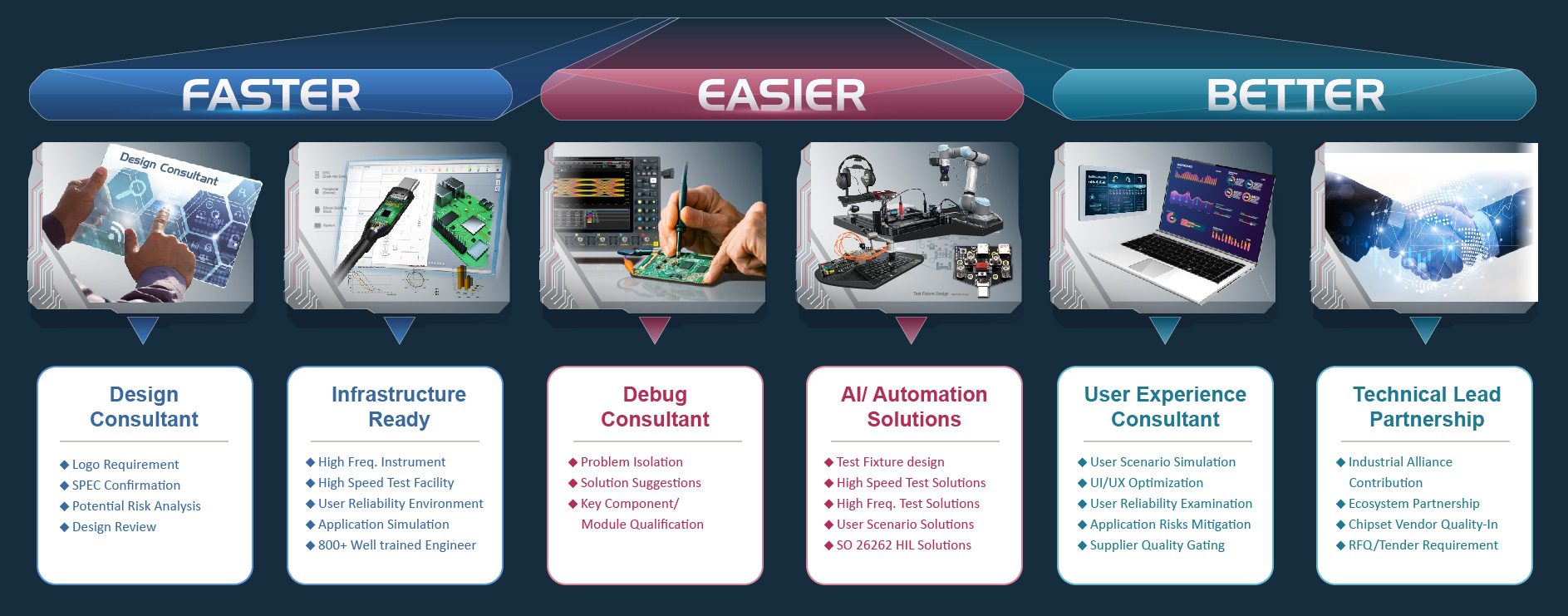
As a pioneer in various certifications and standards, Allion maintains close relationships with industry associations, providing comprehensive technical guidance and testing services for automotive clients across design, physical, and application layers. We continuously collaborate with internationally renowned brands such as Mercedes-Benz, BMW, VOLVO, Audi, Toyota, FORD, NISSAN, and Mazda, developing various automotive-related expertise and contributing to protocol evolution and direction with the latest technologies. Allion sincerely invites you to advance together in the automotive field!
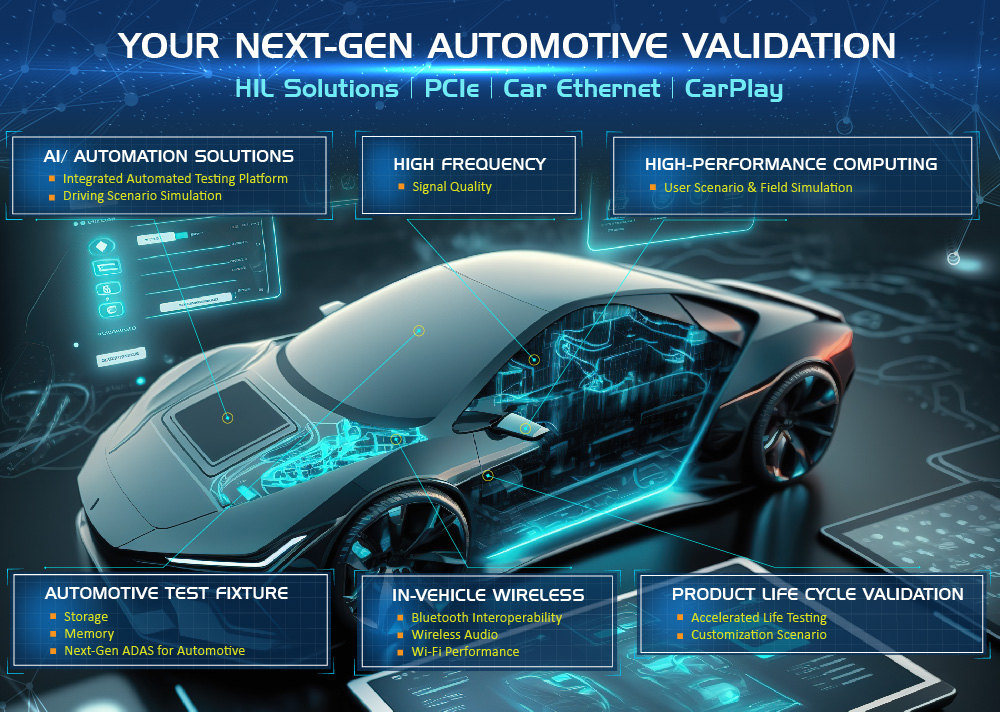
If you have any testing, verification, or consulting service needs, please feel free to contact us through the online form.
Inquiry Form















